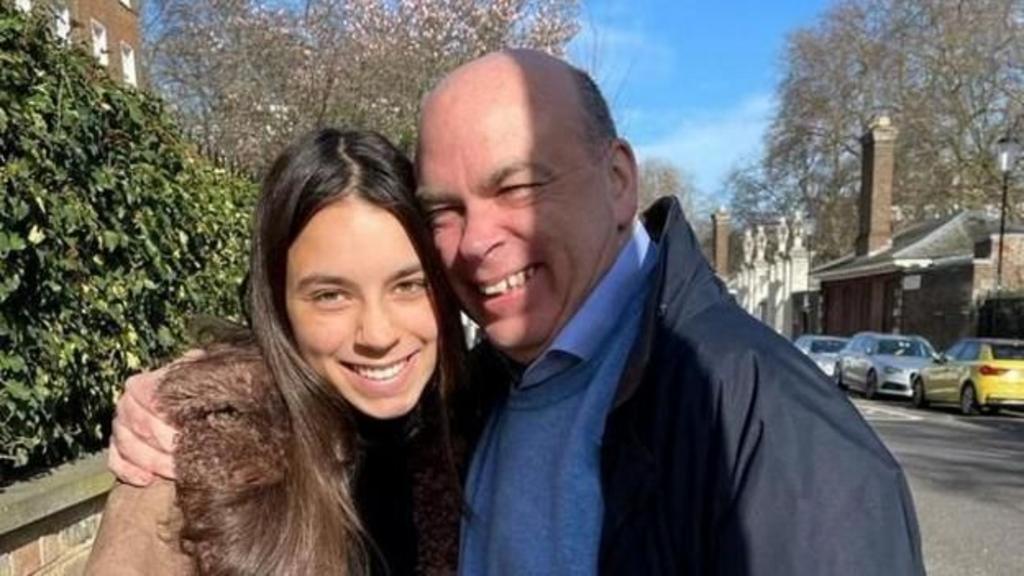The estate of the late tech entrepreneur Mike Lynch, who tragically died last year in a yachting accident, and his former business partner, have been ordered by the High Court to pay Hewlett Packard Enterprise (HPE) £700 million.
The ruling stems from HPE’s acquisition of Lynch’s software firm, Autonomy, in 2011. HPE alleges that Lynch and Autonomy’s former CFO, Sushovan Hussain, misrepresented the company’s financial standing during the acquisition process.
The court determined that HPE overpaid for Autonomy “had [its] true financial position been correctly presented” at the time of the sale.
A spokesperson for Lynch stated that he had prepared a response to the ruling last year, dismissing HPE’s initial claim for up to $5 billion (£3.7 billion) as a “wild overstatement.”
Lynch and his teenage daughter, Hannah, were among seven individuals who perished when their yacht, the Bayesian, capsized and sank off the coast of Sicily last August during a severe storm.
The delivery of Tuesday’s judgment was delayed out of respect for the tragic circumstances.
The judge conveyed his “sorrow at this devastating turn of events, and my sympathy and deepest condolences,” while also expressing his “admiration” for Lynch, despite ruling against him.
HPE has responded to the ruling, stating that it looks forward to “the further hearing at which the final amount of HPE’s damages will be determined.”
The US tech conglomerate had accused Lynch and Hussain of fraudulently inflating Autonomy’s value, leading to HP’s $11.1 billion acquisition in 2011 – equivalent to £7.1 billion at the time.
Just over a year after the acquisition, HPE announced an $8.8 billion write-down of Autonomy’s value, citing “serious accounting improprieties.”
Both men denied the allegations. Lynch maintained that HPE “botched the purchase of Autonomy and destroyed the company.”
In a 2022 ruling, Justice Hildyard stated that HPE had “substantially succeeded” in its claim, but was likely to receive “substantially less” than the $5 billion it initially sought in damages.

